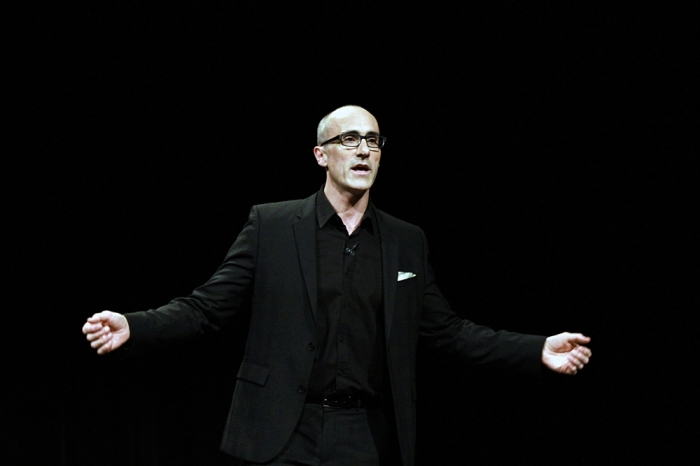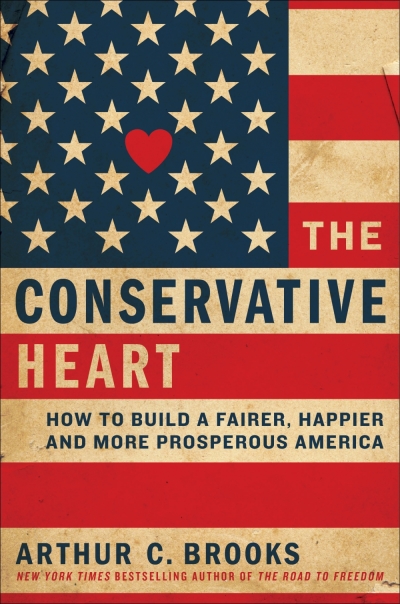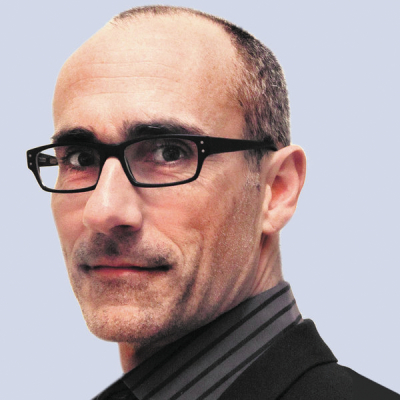Arthur Brooks: Conservative Policies Help the Powerless, Christians Can Lead the Way (Interview)

An irony of American politics today is that conservative policies have helped lift the most people out of poverty, but most Americans don't know that because conservatives have been horrible at communicating the success of their own policies, Arthur Brooks writes in his new book, The Conservative Heart: How To Build a Fairer, Happier, and More Prosperous America.

In a July 7 interview with The Christian Post, Brooks, president of the American Enterprise Institute, added that Christians are especially well poised to deliver the message that public policy should aim for the benefit of people, especially the poor and powerless.
"This could really be the true Christian moment," Brooks said.
People are more happy when they earn their success, with each individual defining success for themself, Brooks explains, and because of this the "conservative heart" sees work as a blessing, rather than a punishment.
"People naturally feel dissatisfied with simply having things given to them for free," he wrote in the introduction. "It is the mission of the conservative movement — the very reason for our existence — to make it possible for every single American to earn his or her own way."
In his CP interview, Brooks talks more about how government policies can make it more difficult for Americans to earn their own way.
The Conservative Heart became available Tuesday.
Here is a lightly edited transcript of that interview:
CP: One of the things that came to mind as I'm reading your book, sometimes I hear Republicans mock Democrats who say their problem is the messaging, not the policies. "The problem is your policies," they respond. Your argument flips that around, you're telling conservatives the problem is with your messaging, and, for certain Republicans, your policies as well. Is that a fair reading?

Brooks: Yes, that's true. And both sides could use better policies, of course. Nobody's perfect.
But the biggest problem we have and the central irony of our time is that conservative policies are designed in a way that is going to help poor people more than liberal policies, but people don't know that, because people simply won't listen to people who are purveying a particular type of policy unless they think that those people care about the people they're intended to help.
Republicans tend to look calloused toward the poor, are perceived as callous toward the poor, so they're not trusted to work on policies that we know, in point of fact, that are designed toward pushing free enterprise all the way down to the bottom of the economy, lifting people up. So the result is, now, 51 years of a relatively unsuccessful "war on poverty" that's built on very large government ideas, and the other side has better ideas but nobody trusts them to implement them.
CP: What role should the government play in the economy?
Brooks: That's a big question. But, basically, there are two things, as a simple matter.
The first thing the government should do in the economy is provide a safety net for the poorest of the poor, and, in my view, only for the indigent and always with work. Conservative economists and liberal economists, people of very strong ethics, have believed from the very beginning that in an enriched society the government can and should provide a safety net.
The second is to redress market failures, because markets don't always succeed. And that means taking care of public goods, like the Army and protecting the environment, which is called externalities. That means taking care of information problems like crime and corruption and dealing with monopolies.
And, pretty much, that's it. That's what the government should do in an economy — a safety net for the poorest, the most vulnerable citizens, and redressing market failures.
That's a lot, by the way. That's everything from the Army to Medicaid to food stamps to a lot of things.
But the boondoggles we have, the wasteful programs, the special favors, the 17,000 pages of tax code, most of which were written for particular interests — that stuff needs to go if we're going to have the kind of economy that serves the most people, that's a real steward economy of American ethics.
CP: Suppose you have a high school graduate looking for work, or stay-at-home mom or dad who wants to enter the workforce part time, or a someone recently released from prison looking to turn their lives around. With any or all of those situations, can point to government policies that make their goals more difficult?
Brooks: For sure. Number one is government policies that twist the values that we have that are the greatest precursors to success. And the values that predict success in every one of those cases the most are faith, family, community and work. And "work" as a sanctified virtue, not just as a means of earning income.
So you have public policy after public policy that gets in the way of people effectively practicing their faith. You have, even more so, in the integrity of family life or the fragmentation of communities, or creating disincentives for people to work and thus build up these habits that are best predictive of people earning success.
Number two is that we have government systems of command and control schooling that seem more intent on protecting adult's jobs than helping children succeed. You have antiquated school systems that are vastly more expensive than they ever were and they don't have better outcomes for kids. So that's another barrier people have in their way.
And the third is dramatic and expanding regulatory barriers that are making it harder and harder for the economy to produce jobs exactly for the groups you talked about. So, you have somebody out of school who wants to get a job, somebody who wants to work part time, somebody with kids in the home, it's getting harder and harder to do that because we have an economy that's not creating jobs, particularly jobs for the bottom half of the economy.
We know how to do it. We know how to solve the problem, by the way. We're just not doing it because we're keener on systems that regulate than we are on systems that set people free.




























